Mining Company Chooses Modular Worker Camps from Refurbished Shipping Containers
Remote resource projects face unique housing challenges accommodating large transient workforces across unpredictable schedules. As one Australian mining operation prepared expanding operations, sustainability became a focus around camp design – attracting and retaining quality staff through dignified comfortable lodgings. An innovative solution was found through modular complexes assembled on-site from refurbished shipping containers.
Need for Alternative Housing
Located deep in Western Australia’s outback, the Brockman 4 iron ore mine relied on hundreds of seasonal fly-in/fly-out employees to keep open-pit operations running. Traditionally, workers inhabited sprawling temporary camps comprising tin-walled rooms sparsely furnished for short stints away from families.
However, fatigue and high turnover plagued this isolating lifestyle lacking privacy, amenities or community support networks. The mining company sought more humane worker housing boosting job satisfaction and retention critical for upcoming projects. Sustainability also ranked high with remote camps’ heavy environmental footprint necessitating regular construction/teardown cycles.
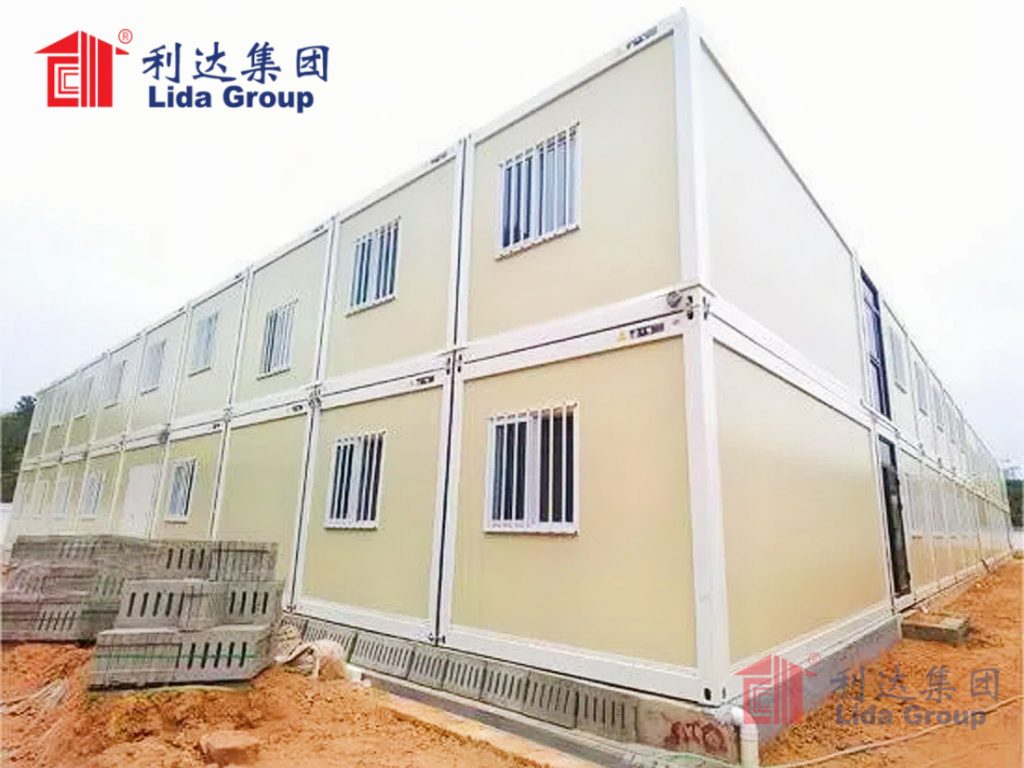
Container Complex Partnership
During exploratory research, Lida Group’s container-based modular camp solutions captured leadership’s attention. The Shanghai-based firm specialized in repurposing steel shipping containers into resilient prefabricated structures transported efficiently then assembled on-site.
Intrigued, a delegation toured Lida’s Chinese mining camps comprised of refurbished multi-unit complexes resembling small apartment villages. Self-contained sustainable modules housing 4-6 persons integrated comfortable amenities absent in fly-in camps. Executives returned convinced the scalable portable solution addressed pressing needs sustaining large workforces away from cities.
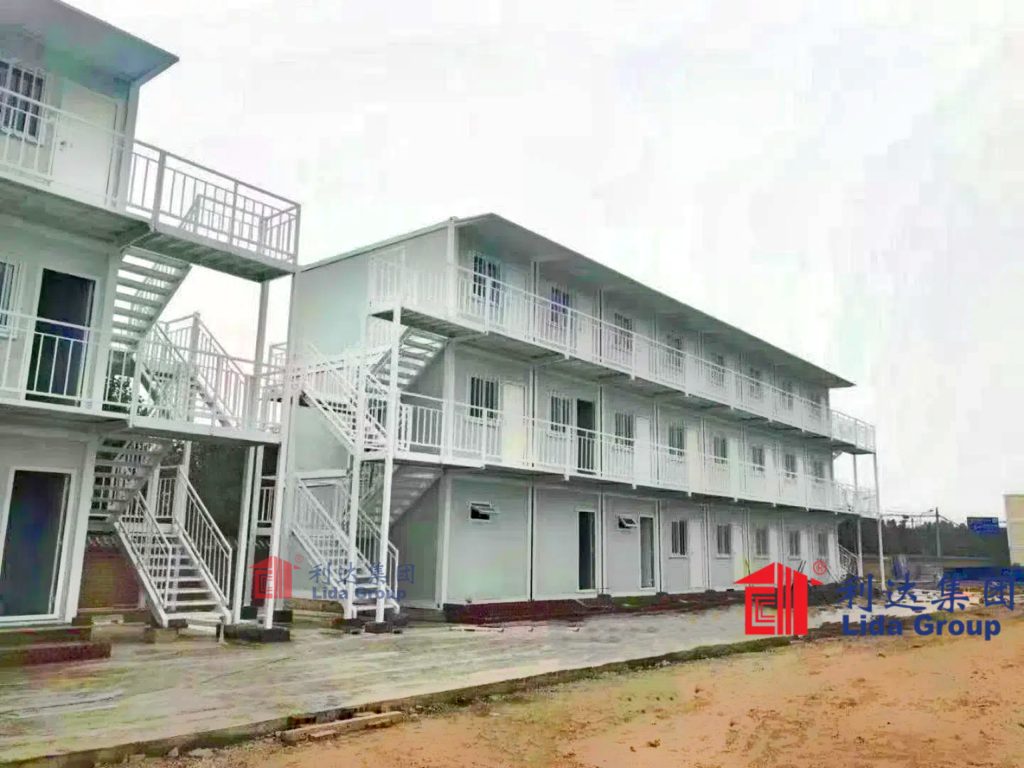
Modular Complex Design
The new Brockman camps planned housing 500 employees over 30-month contracts. In collaboration, Lida designed neighborhoods of relocatable complexes assembled from refurbished ISO containers.
Each 12x3m module comprised standalone bedrooms, bathrooms and common spaces. Furnishings optimised storage within limited footprints. Exteriors received insulating cladding anchoring structures wind/waterproof. Complexes stacked up to three modules interconnected by stairwells and breezeways for 120-person capacity.
Communal buildings added recreation, mess halls and laundries promoting wellness and social bonds critical to mental health far from family support systems. Implementing renewable power, water capture with greywater recycling systems aimed for off-grid self-sufficiency minimizing environmental impact.
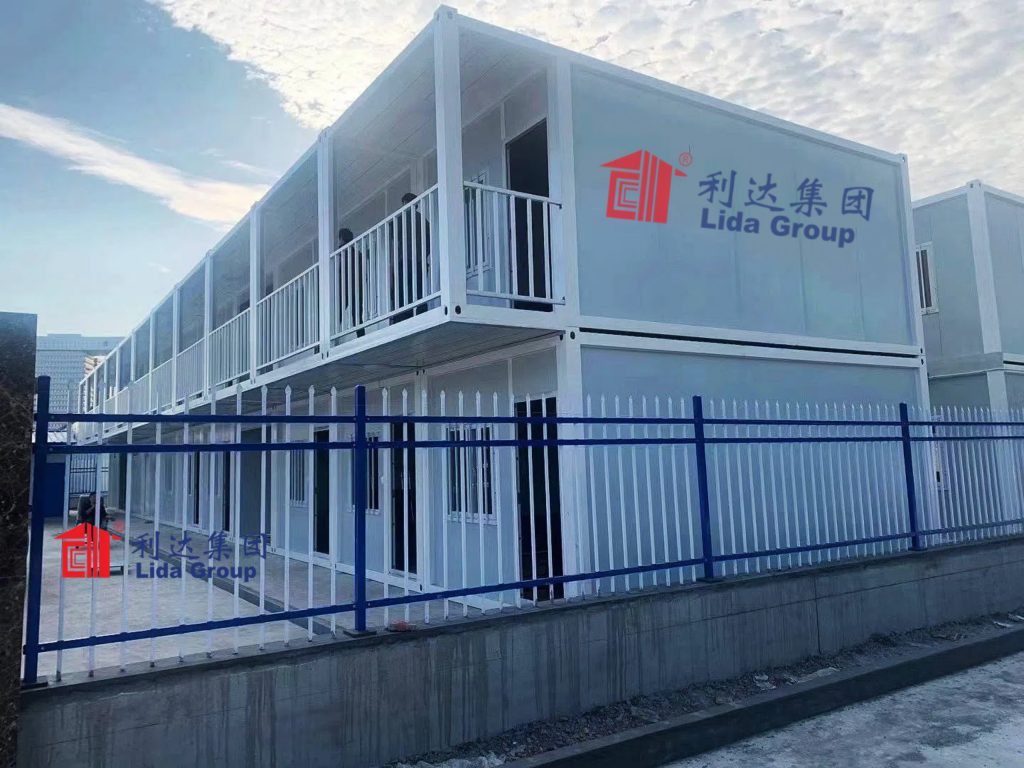
Modular Construction
Following rigorous testing confirming structural integrity, the first batch of 100 enclosed containerized modules were flat-packed for transport to site. There, skilled assembly teams rapidly erected a neighborhood of complexes within 4 weeks – a fraction of time conventional camp buildings require.
Using mobile cranes, crews stacked modules according to schematics with interlocking walls, roofs and balcony joinery installed seamlessly. On-site carpentry customized interiors while plumbers finalized utility integrations. Completed, the energy-efficient accommodations far surpassed quality and comfort of previous spartan camps.
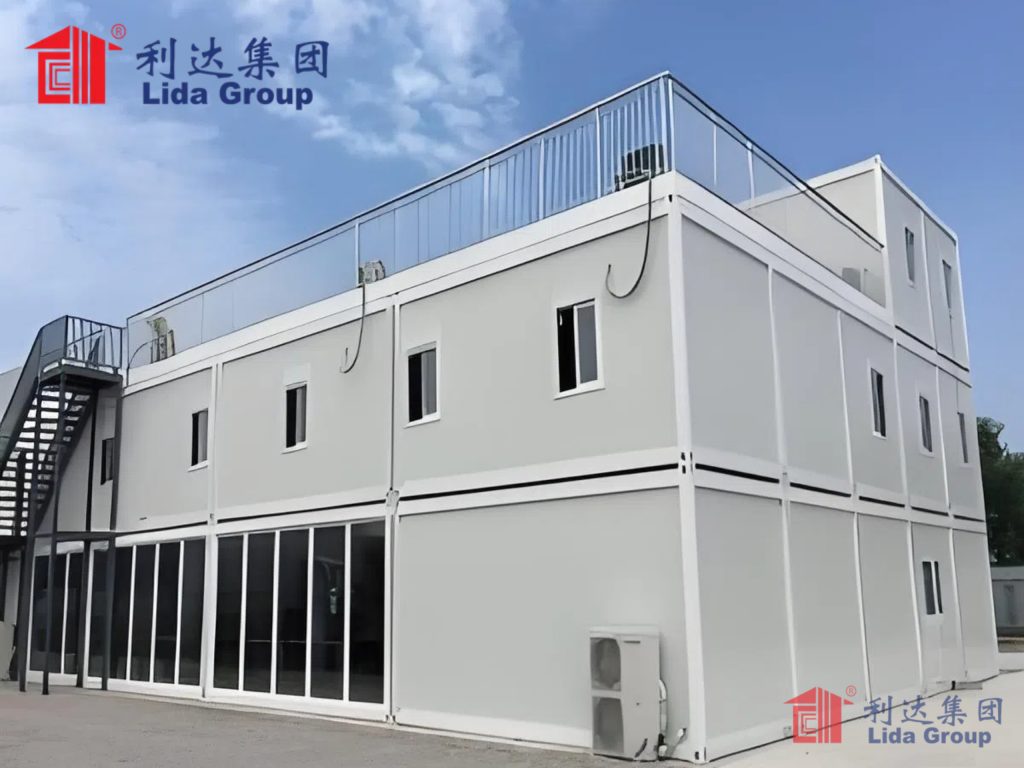
Feedback and Refinements
Employees moving in praised privatized living significantly improving morale and work-life balance away from home. Communal spaces fostered bonds offsetting isolation. Feedback informed value-adds like faster wifi, enlarged kitchens, sports grounds and nature trails embracing physical/mental wellness best practices.
Continued tweaks refined designs for upcoming expansions. Modular construction’s inherent advantages meant replication could rapidly scale the sustainable camp solution regionally minimizing environmental and social impacts weighing resource projects. Leadership foresaw benefits long-term integrating container homes into remote operations globally.
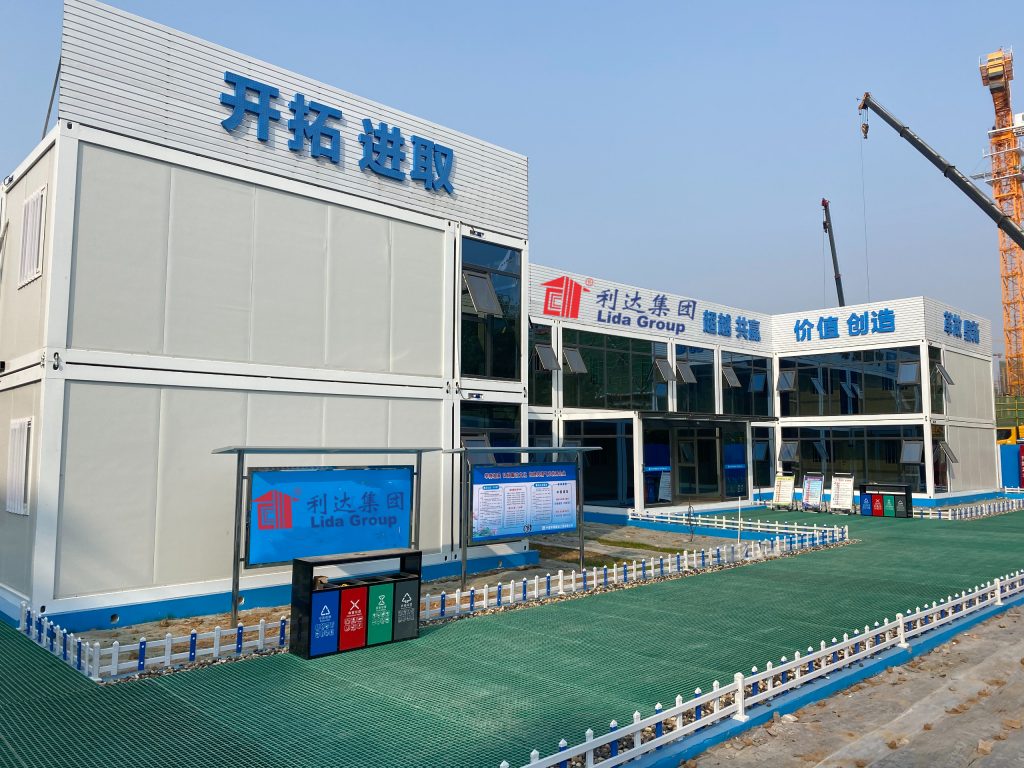
Sustained Operations
Over ensuing months, camps comfortably housed rotating workforces through variable schedules as mining operations entered peak production. Self-contained living withstood outback extremes requiring no external maintenance. Renewables reliably powered independent off-grid living reducing carbon footprint.
Feedback overwhelmingly affirmed improved quality of life increased retention and productivity. Modular construction’s speed scaling up housing scaled new projects seamlessly. With families permitted occasional visits, communities formed around dignified long-term accommodations resembling neighborhoods rather than temporary work sites.
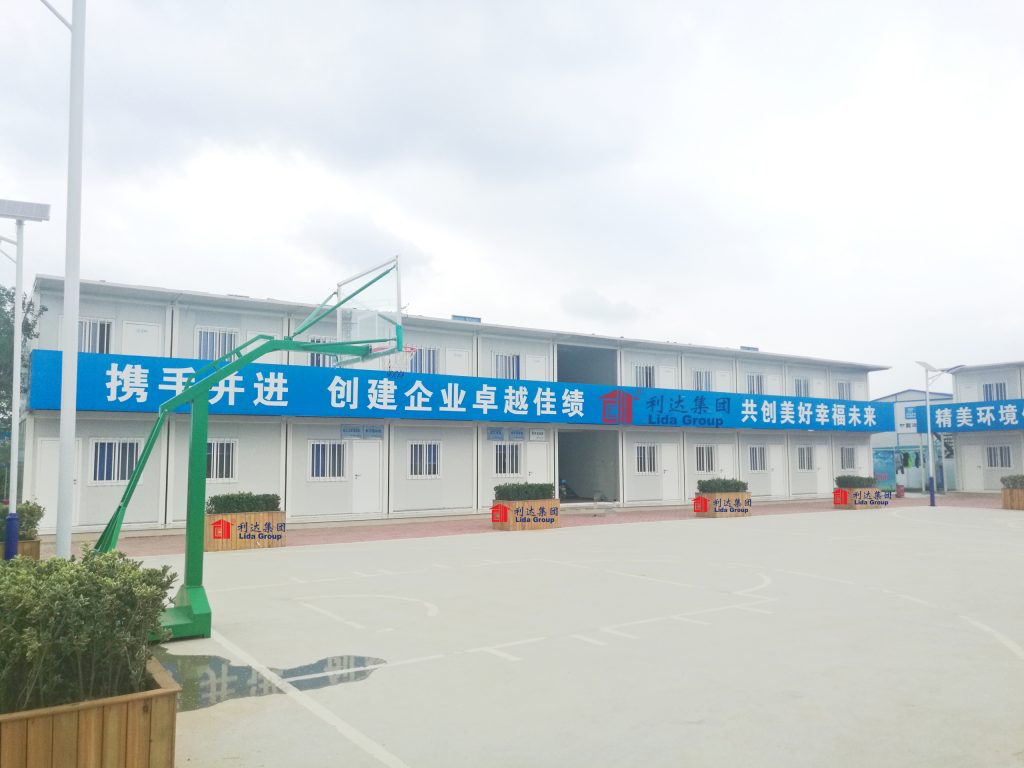
Legacy Established
As Brockman 4 mine life expands, quarterly evaluations monitor evolving needs adapting housing annually. However, container complex foundations laid a sustainable model attracting long-term investment into remote regions through humane living standards.
Satisfied staff spread word regionally, establishing Lida camps as benchmark for remote industrial housing globally. Their modular scalability and minimal footprint enabled maximizing operations while minimising ecological impacts – a balance eluding conventional camps. Most importantly, dignified accommodations strengthened vulnerable workforces through mental wellness prioritized away from support systems.
Container camps demonstrated housing’s profound role cultivating stable communities and workforce productivity essential for isolated ventures. Though modular an modular nature demanded flexibility, the solution planted roots establishing a more empathetic landscape for fly-in/fly-out regions sustaining economies through dignified living wherever jobs arise.

Related news
-
Ministry trial of Lida Group's container home models featuring natural ventilation and solar power concludes prefab design provides dignified interim shelter that outperforms tents for cyclone refugees
2024-09-02 16:47:09
-
Engineers inspect prototypes of Lida Group's flat-packed modular housing rapidly assembled on-site from self-contained living units constructed inside repurposed cargo boxes.
2024-09-02 16:38:10
-
Feature profiles pilots customized multi-unit staff lodges constructed rapidly by Lida Group using composite panels near shifting construction projects.
2024-08-30 17:33:00
contact us
- Tel: +86-532-88966982
- Whatsapp: +86-13793209022
- E-mail: sales@lidajituan.com


